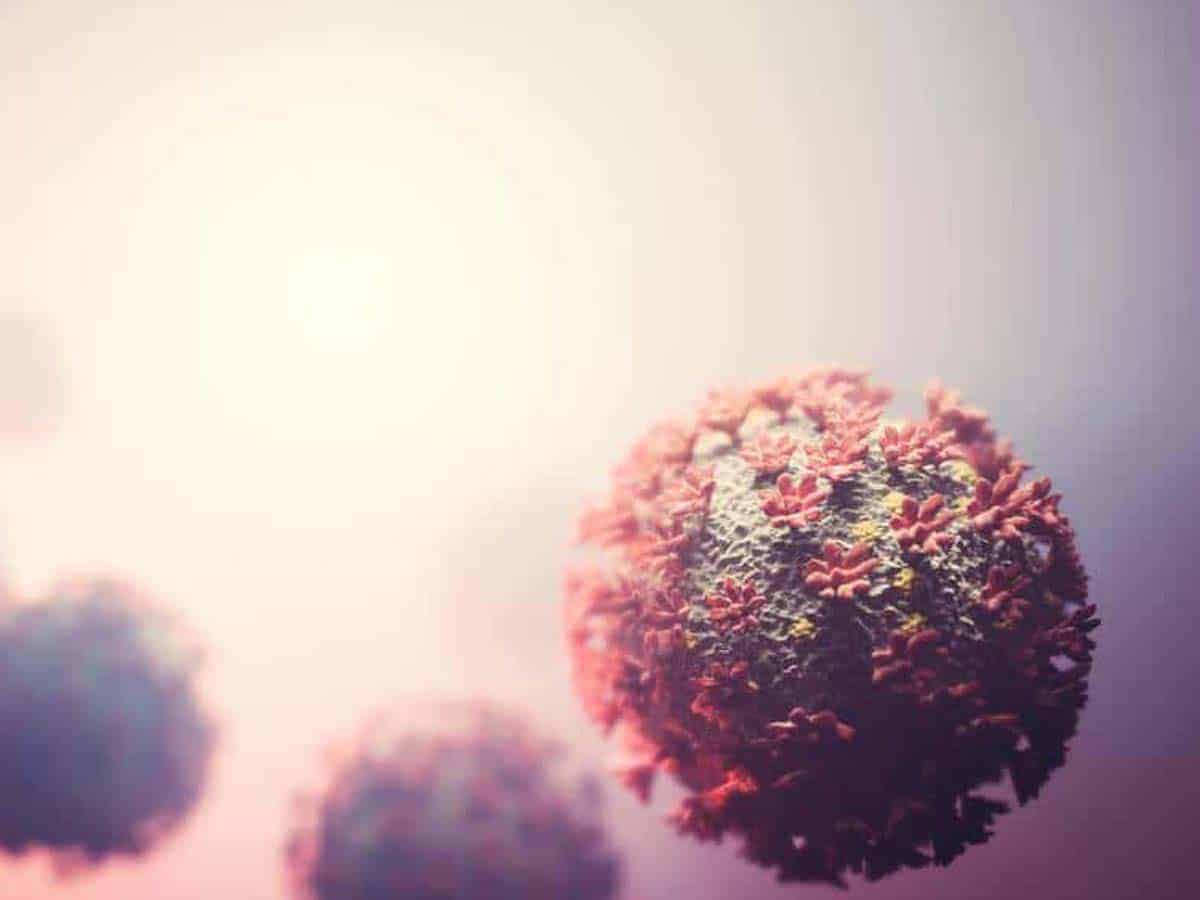
Toronto: The same light bulbs used in offices and public spaces can destroy coronaviruses and HIV, claims a research.
Researchers at the University of Toronto-Scarborough, Canada, killed both viruses using UV-LED lights, which can alternate between white light and decontaminating ultraviolet (UV) light.
With a cheap retrofit, they could also be used in many standard lighting fixtures, giving them a “unique appeal” for public spaces, said Christina Guzzo, Assistant Professor in the department of biological sciences at the varsity.
“We’re at a critical time where we need to use every single possible stop to get us out of this pandemic. Every mitigation strategy that can be easily implemented should be used,” Guzzo said.
UV lights kill viruses through radiation. The team first tested the lights on bacterial spores (Bacillus pumilus spores) notorious for their resistance to this radiation.
The result, published in the Virology Journal, showed that within 20 seconds of UV exposure, the spores’ growth dropped by 99 percent.
The researchers then created droplets containing coronaviruses or HIV, to mimic typical ways people encounter viruses in public, such as from coughing, sneezing and bleeding. The droplets were then exposed to UV light and placed in a culture to see if any of the virus remained active. With just 30 seconds of exposure, the virus’s ability to infect dropped by 93 percent.
Upon testing the viruses at different concentrations, they found samples with more viral particles were more resistant to the UV lights. But even with a viral load so high Guzzo calls it “the worst-case scenario,” infectivity dropped 88 percent.
Guzzo noted that UV-LEDs are cheap and could be easy to retrofit in existing light fixtures, and that the bulbs are long-lasting and simple to maintain.
“You could disinfect in a way that wouldn’t be infringing on people’s enjoyment of that everyday ‘normal’ life that they long for,” Guzzo says.
But the lights aren’t harmless, and there’s a reason for wearing sunscreen and sunglasses – UV radiation damages nucleic acid, and repeated, prolonged exposure is harmful.
That’s why Guzzo said the lights should be used when public spaces are empty, such as vacated buses that have finished their routes, or empty elevators travelling between floors. Escalator handrails could be continuously disinfected by putting UV lights in the underground part of the track, cleaning it with each rotation.
